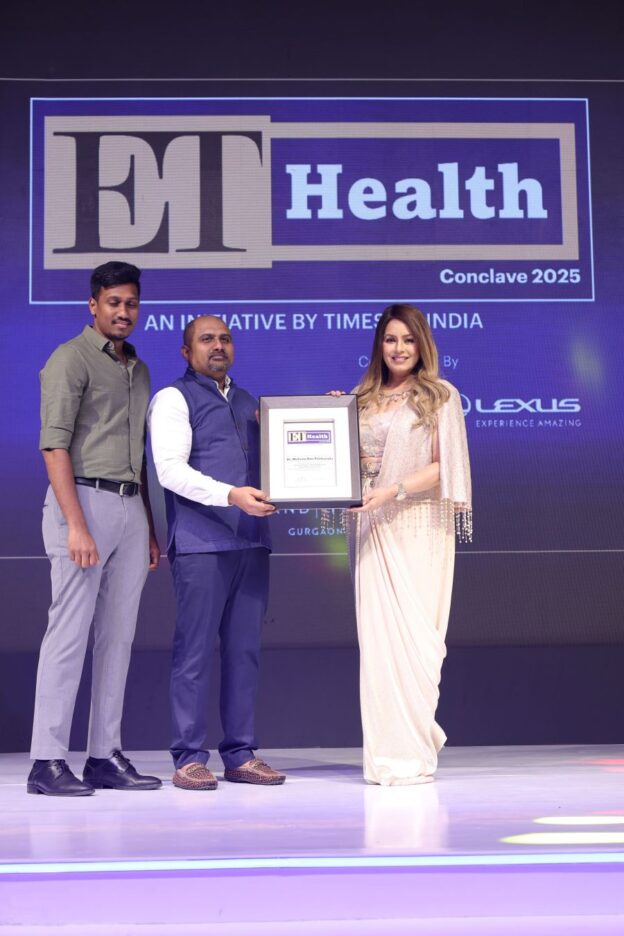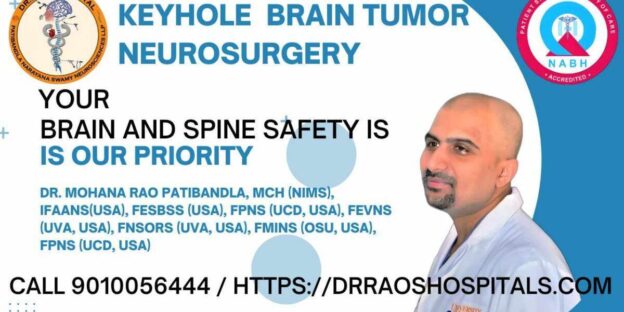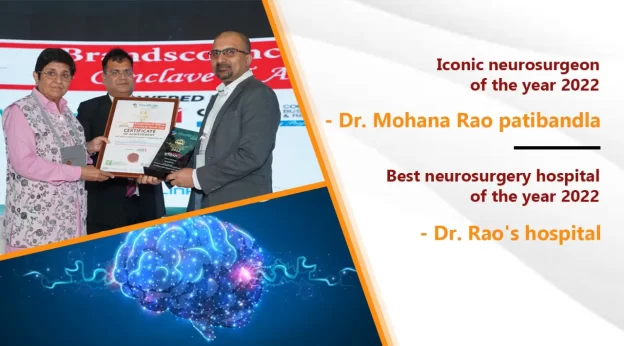What to Expect After Minimally Invasive Spine Surgery: A Recovery Timeline
Minimally invasive spine surgery (MISS) has revolutionized how we treat back and neck disorders, offering faster healing, smaller incisions, and shorter hospital stays compared to traditional open surgery. However, patients often wonder, “What can I expect during recovery?” Understanding your minimally invasive spine surgery recovery timeline helps set realistic expectations and ensures smoother healing.
At Dr. Rao’s Hospital, the leading center for spine surgery in Guntur, Dr. Mohana Rao Patibandla—the best spine surgeon in Guntur—specializes in endoscopic and keyhole spine surgery, helping patients return to active life faster with minimal pain.
Understanding Minimally Invasive Spine Surgery (MISS)
MISS involves performing spinal procedures through tiny incisions using an endoscope or microscope. Unlike open surgery, muscles and tissues are gently separated rather than cut, which reduces tissue damage, postoperative pain, and recovery time.
Common procedures include:
- Endoscopic discectomy (for slipped or herniated discs)
- Keyhole laminectomy (for spinal stenosis)
- Minimally invasive lumbar fusion
- Microsurgical decompression for nerve compression
According to the Mayo Clinic, most patients resume light activities within 2–4 weeks and full activities in 6–12 weeks, depending on the type of surgery and overall health.
Recovery Timeline After Minimally Invasive Spine Surgery
While recovery varies for each individual, the general healing process can be divided into stages. Here’s what most patients can expect during their journey back to mobility and comfort.
📅 Day of Surgery to 24 Hours: Hospital Stay and Immediate Recovery
- Hospital stay is usually less than 24–48 hours for most minimally invasive procedures.
- Patients are encouraged to sit, stand, and walk within a few hours after surgery.
- Pain is managed with mild analgesics or muscle relaxants.
- Vital signs and neurological function are monitored closely.
At Dr. Rao’s Hospital, patients benefit from enhanced recovery protocols and early mobilization guided by physiotherapists.
🗓️ Week 1: Early Home Recovery
During the first week, mild back stiffness, fatigue, or incision-site soreness is common. Follow the discharge instructions carefully to avoid complications.
- Use prescribed pain medications as directed.
- Walk short distances several times a day to improve circulation.
- Avoid bending, twisting, or lifting heavy objects.
- Keep the incision clean and dry.
Patients undergoing endoscopic spine surgery recovery or keyhole spine surgery recovery typically experience faster pain reduction than traditional surgery.
🗓️ Weeks 2–4: Regaining Strength and Mobility
By the second week, most patients notice a significant decrease in pain and improved movement. Gradually, walking distance and daily activities can increase under medical guidance.
- Light stretching and walking exercises can begin.
- Office-based or desk work may resume in 2–3 weeks.
- Pain and inflammation continue to decrease.
- Follow-up appointments confirm proper healing.
At this stage, physiotherapy after spine surgery becomes crucial to regain flexibility, core strength, and posture alignment. Dr. Rao’s Hospital Neurology Services supports personalized rehab programs.
🗓️ Weeks 4–8: Returning to Normal Activity
During this phase, patients often return to daily routines and low-impact physical activities. Healing tissues regain strength, and energy levels improve.
- Gradual return to light sports or yoga (as advised).
- Driving may resume at 4–6 weeks once pain is controlled and mobility restored.
- Heavier work or lifting is delayed until at least 8–10 weeks.
For those undergoing lumbar spine surgery recovery or cervical spine surgery recovery, recovery timelines may vary slightly. Consistent physiotherapy ensures a safe and successful return to work.
🗓️ 3–6 Months: Full Recovery and Long-Term Care
By three months, most patients are pain-free and back to normal life. The surgical site is fully healed, and spine strength improves with continued exercise.
- Resume full physical activity under guidance.
- Maintain ergonomic habits and core exercises.
- Schedule periodic follow-ups for long-term spine health.
Dr. Rao emphasizes the importance of lifestyle modifications, such as maintaining good posture, avoiding prolonged sitting, and strengthening back muscles to prevent recurrence.
Recovery Tips After Minimally Invasive Spine Surgery
- Follow your surgeon’s instructions and attend all follow-ups.
- Begin physiotherapy early to rebuild strength.
- Eat a high-protein, fiber-rich diet for faster healing.
- Use proper posture while sitting, standing, and walking.
- Stay hydrated and get enough rest.
For expert-guided recovery, contact Dr. Rao’s Hospital—the top spine surgery hospital in Guntur—for personalized post-surgery rehabilitation.
Why Choose Dr. Rao’s Hospital for Minimally Invasive Spine Surgery?
At Dr. Rao’s Hospital, Dr. Mohana Rao Patibandla—a U.S.-trained and fellowship-certified neurosurgeon—specializes in minimally invasive and endoscopic spine surgery in Guntur. With advanced technology and compassionate care, patients enjoy:
- Shorter hospital stay and faster recovery
- Minimal scarring and blood loss
- High success rates and lower complication risks
- Comprehensive post-operative physiotherapy
As the best minimally invasive spine surgeon in Andhra Pradesh, Dr. Rao and his team have successfully treated thousands of patients with chronic back and neck pain using modern, patient-centric methods.
Call to Action
If you’re searching for the best spine surgeon in Guntur or need recovery guidance after spine surgery, visit Dr. Rao’s Hospital today. Contact us at 📞 090100 56444 or 📧 info@drraoshospitals.com to book an appointment.
Frequently Asked Questions
How long does it take to recover from minimally invasive spine surgery?
Most patients recover within 4–6 weeks for light activity and 3–4 months for full physical function. However, recovery time after minimally invasive spine surgery can vary based on procedure type, patient fitness, and adherence to post-op care.
When can I walk or drive after spine surgery?
Walking begins within 24 hours post-surgery. Driving is generally safe after 4–6 weeks, once pain and reflexes normalize.
Is pain normal after minimally invasive spine surgery?
Mild soreness or muscle fatigue is expected during early recovery, but severe or worsening pain should be evaluated immediately.
How long does it take to recover from minimally invasive spine surgery?
Recovery typically takes 4–6 weeks for light activity and up to 3–4 months for complete recovery. Early walking and physiotherapy help speed up healing.
When can I drive after spine surgery?
Driving can usually resume after 4–6 weeks once you are pain-free, off pain medication, and can move comfortably without restrictions.
Why choose Dr. Rao’s Hospital for spine surgery?
At Dr. Rao’s Hospital, led by Dr. Mohana Rao Patibandla, one of the best spine surgeons in Guntur, patients receive world-class care using minimally invasive and endoscopic techniques for faster recovery.
Follow Dr. Rao’s Hospital




